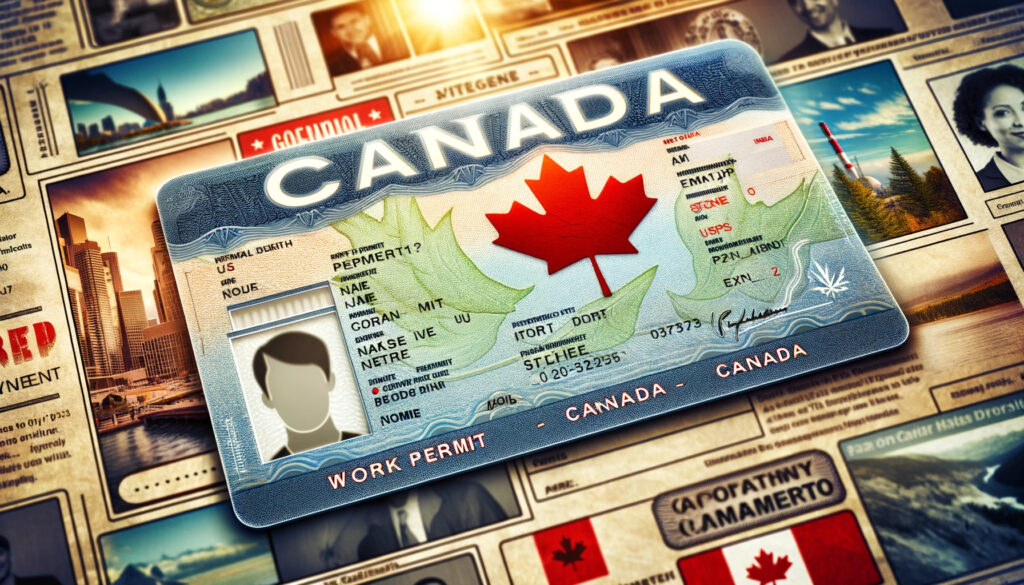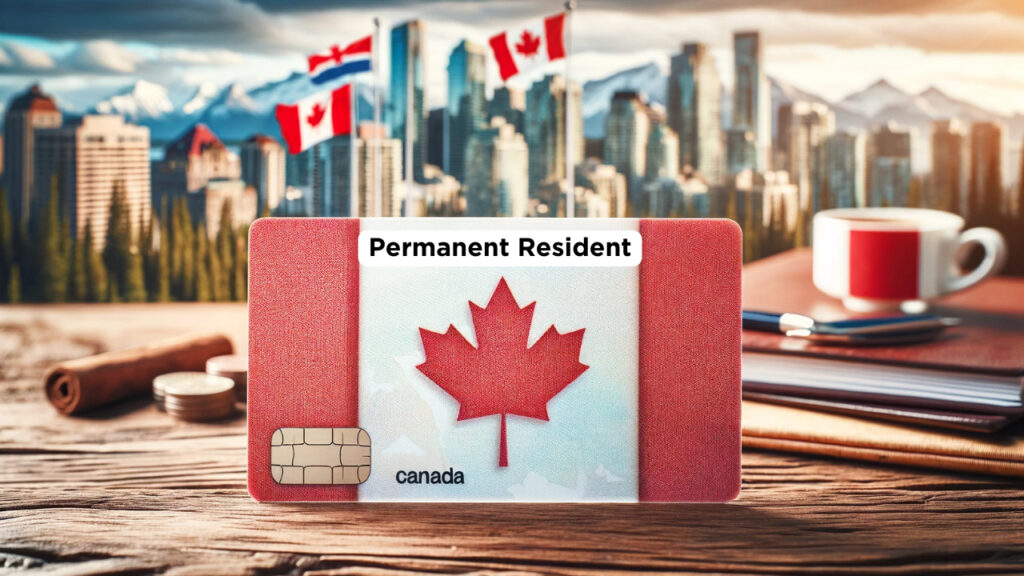The Atlantic Immigration Pilot Program stands as a vital initiative from Canada, tailored to tackle labor market shortages across its four Atlantic provinces: Newfoundland & Labrador, Prince Edward Island, Nova Scotia, and New Brunswick. In this engaging video, I’m excited to guide you, particularly if you’re an international medical graduate (IMG) doctor, through the nuances of this remarkable program. We’ll explore together the top 10 essential aspects you need to know about this opportunity.
What are the eligibility requirements for the Atlantic Immigration Pilot Program (AIPP)?
First and foremost, let’s delve into who exactly is eligible for the Atlantic Immigration Pilot Program. For IMG doctors eyeing this program, the primary requirement is securing a valid job offer from an employer within one of the participating Atlantic provinces.
However, it’s crucial to note that this job offer must be for a position in a designated occupation. The good news for IMGs is that this encompasses a variety of healthcare professions, significantly broadening the accessibility of the program for medical professionals.
To give you a concrete example, eligible roles could include positions like a clinical fellow or a research fellow. Essentially, any job that falls under the ‘skilled’ category as per the National Occupational Classification (NOC) system of the Government of Canada would meet the criteria. This classification ensures that the program is tailored to attract qualified and skilled medical professionals, aligning with the specific needs of the healthcare sector in these provinces.

What is the job duration requirement for the Atlantic Immigration Pilot Program?
Secondly, let’s discuss the job requirements, which are crucial for IMGs. The position must have a minimum duration of one year; while it can certainly extend beyond that, it must not be less than one year. On the employer’s side, whether it be a university or a hospital located in any of the four Atlantic provinces (Newfoundland & Labrador, Prince Edward Island, Nova Scotia, and New Brunswick), they are required to obtain approval or designation from the provincial government. This authorization allows them to hire foreign workers, such as IMGs, through this program

What are the language requirements for the Atlantic Immigration Pilot Program?
Moving on to the third point: language requirements. I realize this can be a challenging aspect for many IMGs. Applicants must demonstrate proficiency in either English or French.
For English proficiency, they need to take a designated language test, such as the
Alternatively, for those focusing on French, the required exam is the TEF.

How is education assessed for the Atlantic Immigration Pilot Program?
The next requirement centers on your education. As IMGs, you must have your educational credentials assessed by a recognized organization to confirm they meet Canadian standards, which we’ll refer to as ‘video education’ standards. This step is particularly crucial for IMGs, and you may need to pass additional exams to practice in Canada.
For those aiming for residency, it’s essential to take the MCCQE Part 1 and the NAC OSCE exams. On the other hand, if you’re pursuing a fellowship, these exams may not be necessary. Instead, you can seek guidance from our experts by clicking here, where we specialize in coaching IMGs like you to navigate the path to bypass residency.
What does a settlement plan for the Atlantic Immigration Pilot Program involve?
Number 5 is the plan to settle in Canada. For IMGs focused on moving to Canada, this is not a problem, but you’re required to demonstrate a settlement plan, saying that you have intentions and plans for living and working in one of these Atlantic provinces. This ensures that you are committed to further your career and your life, either alone or with your family.

What does endorsement mean for the AIPP?
The subsequent requirement involves obtaining an endorsement letter. Once a hospital or university extends a job offer, they must endorse the candidate for the Atlantic Immigration Program.
The government will review this endorsement and, upon approval, issue a letter of endorsement to the candidate. This means that with the backing of the hospital, you can now settle in one of the Atlantic provinces through the Atlantic Immigration Pilot Program.
Is everything clear up to this point?
How does one obtain a work permit for the Atlantic Immigration Pilot Program?
The next step involves obtaining a work permit. After securing a job offer and receiving a letter of endorsement from the government, you can apply for a work permit through one of the Canadian embassies in your home country. This permit is typically valid for the duration of your job offer.
Initially, you may receive what is known as a work visa. Then, upon your arrival in Canada at your port of entry, you will be issued another document called the work permit. It’s crucial to have this document to legally work in Canada.

What are the steps to gaining permanent residency through the Atlantic Immigration Pilot Program?

The following step is permanent residency, a milestone I know many of you are eagerly anticipating. After working in one of the Atlantic provinces for typically one year, you, as an IMG, can apply for permanent residency through the Atlantic Immigration Pilot Program.
By this stage, you’ll already possess a few key elements: your job offer, the letter of endorsement, your work permit, and the requisite Canadian work experience. With these in hand, you could obtain Canadian permanent residency within a few months. While the duration can vary, it typically takes only a few months to complete this process.
How does the Atlantic Immigration Pilot Program accommodate family members?
The next aspect to consider is if you have a spouse, children, or a common-law partner. In such cases, you can include them in your permanent residency application. Typically, your entire family will be approved for permanent residency in Canada simultaneously through the Atlantic Immigration Pilot Program.
This means your whole family can become permanent residents of Canada. Here’s the benefit: not only do you secure a job, but you also gain permanent residency. This significantly eases your pathway for the future.
Naturally, you might be wondering how to ensure your application is successful. It’s important to meticulously follow the application process and meet all the requirements to increase your chances of success.
What are the processing times for the Atlantic Immigration Pilot Program applications?
The next thing is how much time to process your application. Typically, the Atlantic Immigration Pilot Program processing times are much quicker compared to other immigration pathways. Of course, you need to make sure all your paperwork is in order, you need all the necessary endorsements and all other requirements.
This article was originally published on www.IMGSecrets.com. If you find it elsewhere this is plagiarized and report this immediately to contactus@imgsecrets.com
Conclusions
The Atlantic Immigration Pilot Program presents an excellent opportunity for IMGs who are interested in moving to and settling in one of the Atlantic provinces. If you’re looking to understand exactly how to proceed with your specific situation, we encourage you to get in touch. You can do this by booking an appointment with us, where we’ll provide tailored guidance and support for your journey through the program

Dr. Rajeev Iyer, MBBS, MD, MS, FASA; Associate Professor; University of Pennsylvania, Philadelphia, USA
Disclaimer: The opinion expressed in this article is author’s own and does not represent the opinion of the University of Pennsylvania or any other organization.

